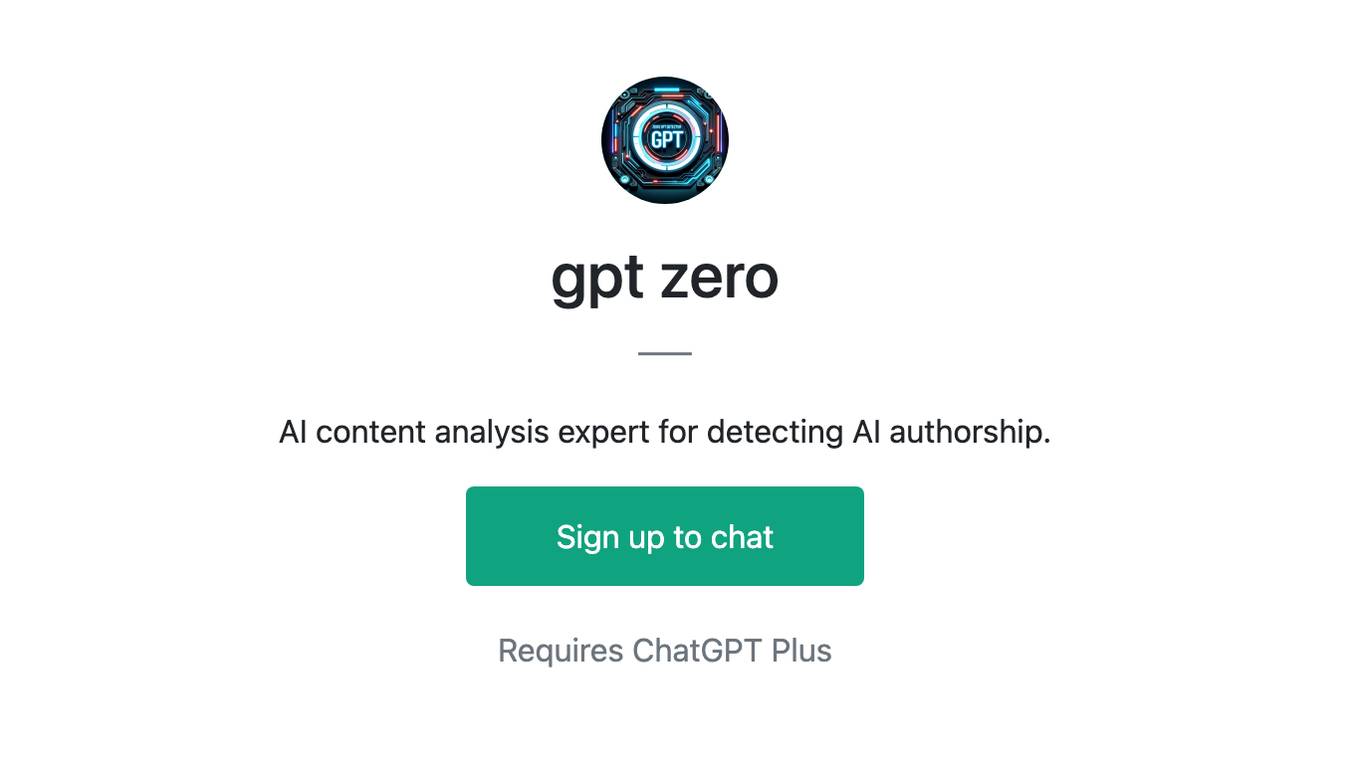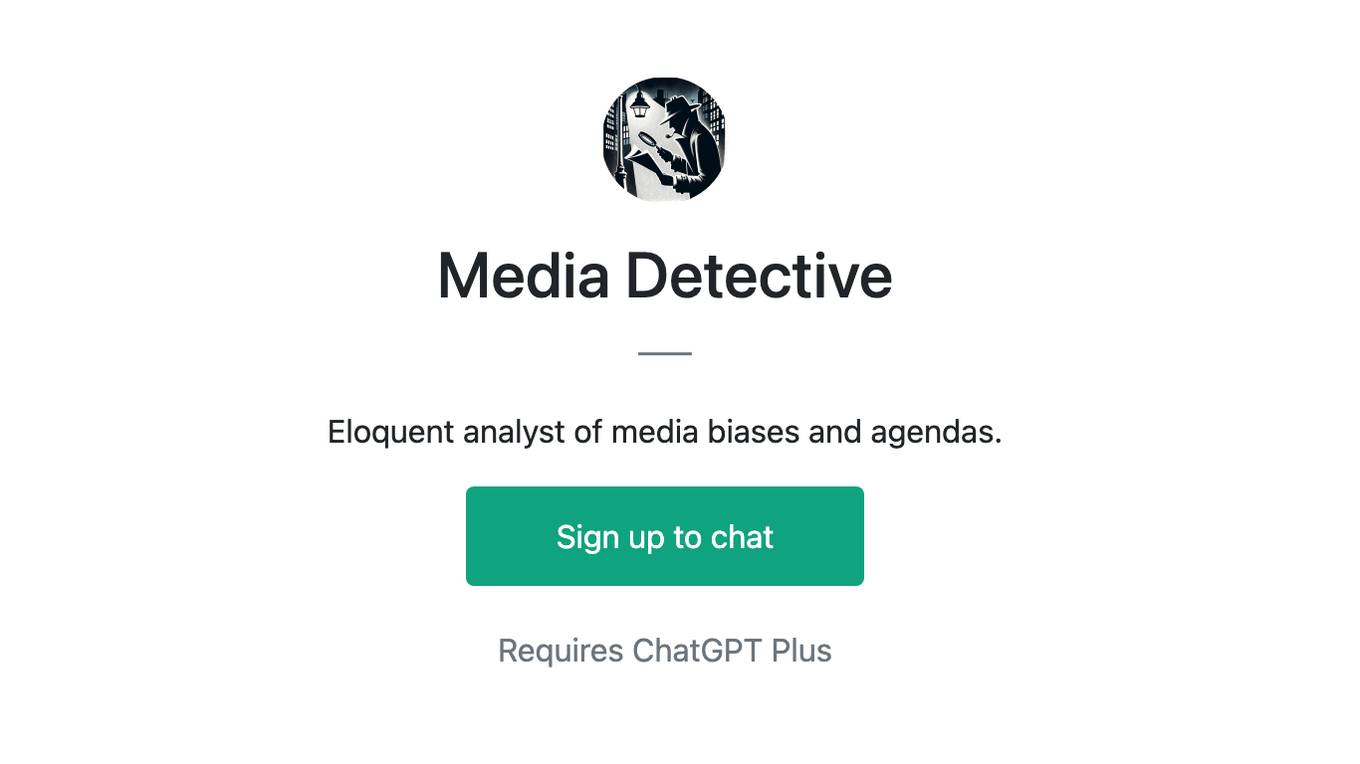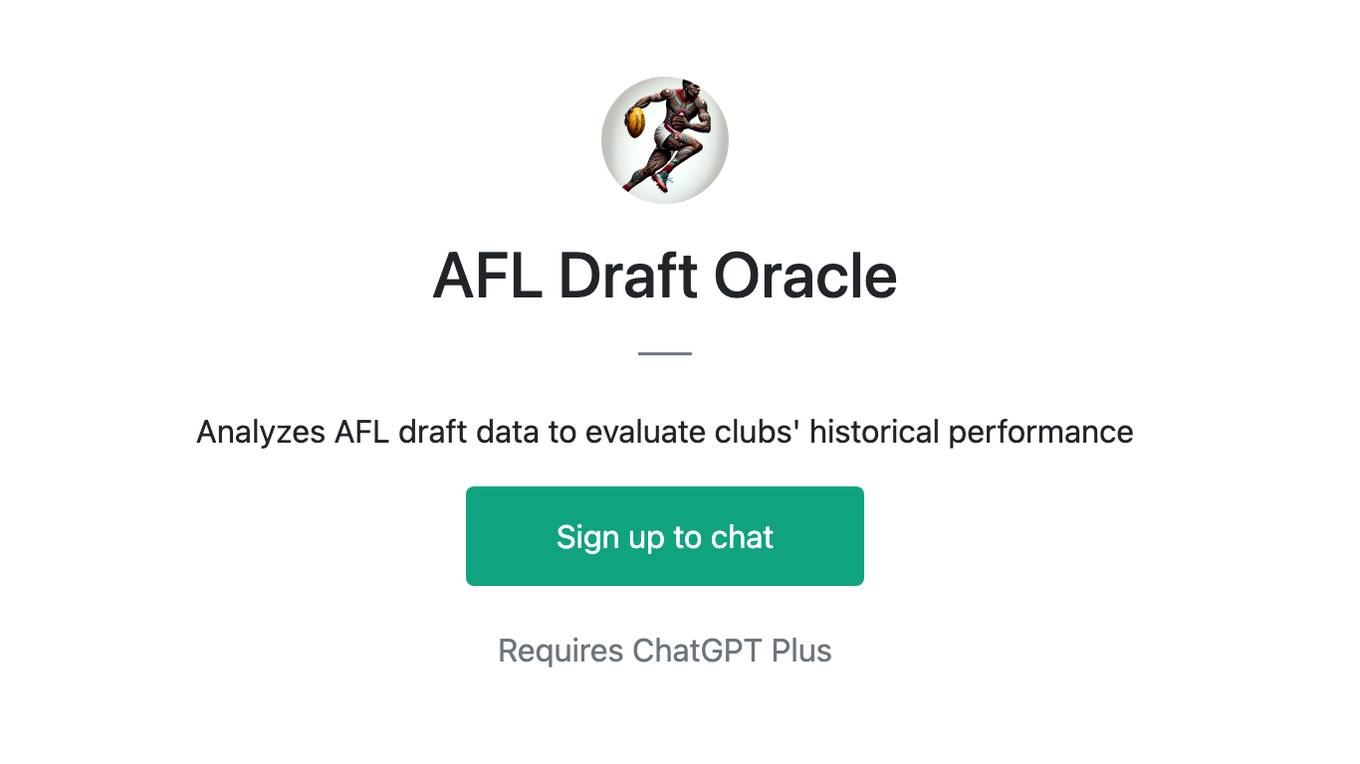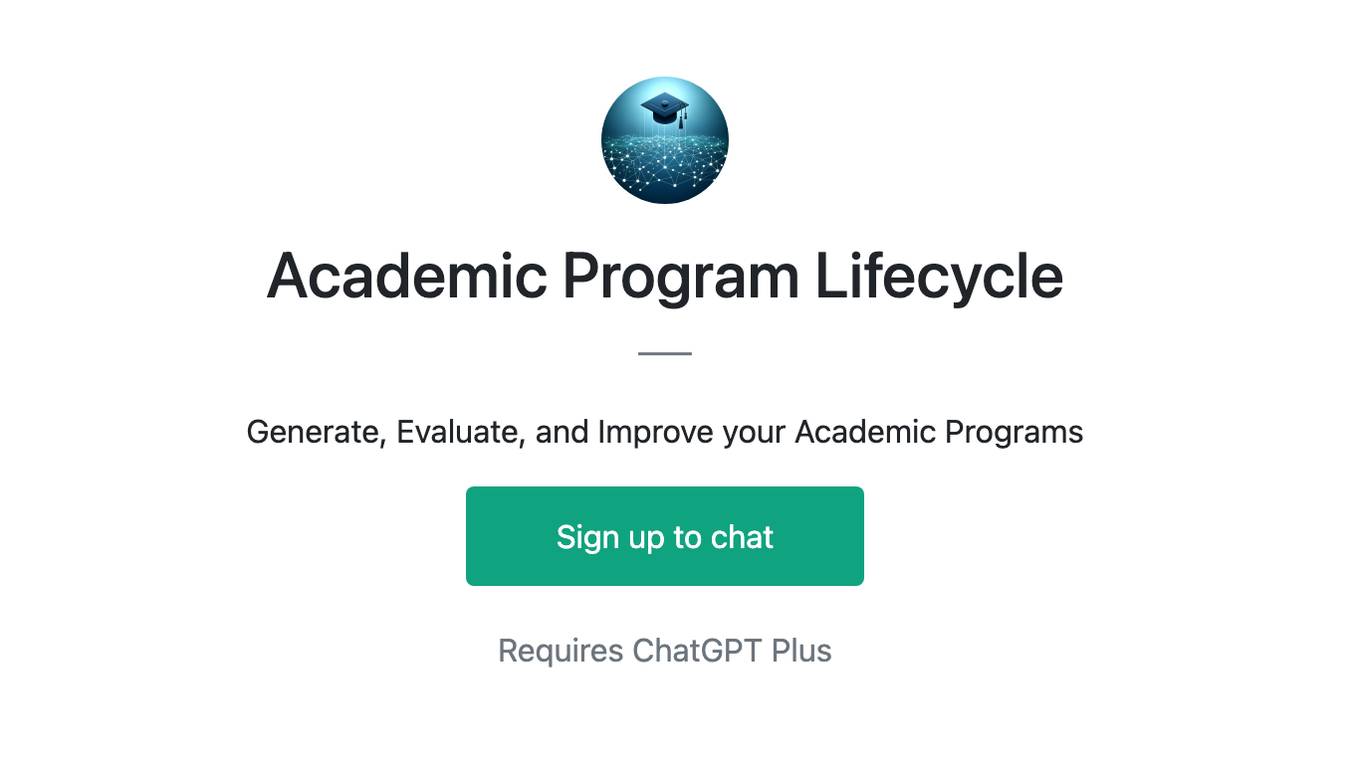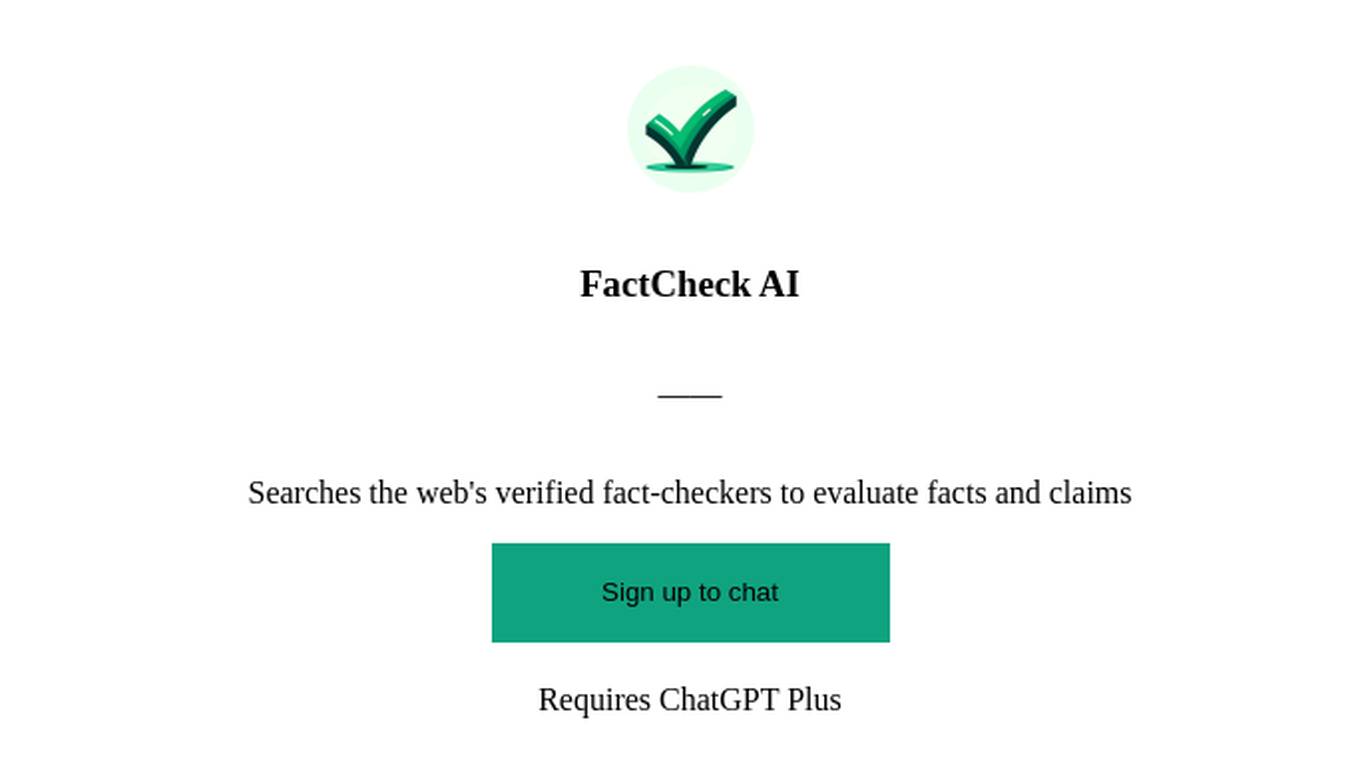Best AI tools for< Evaluate Detection Models >
20 - AI tool Sites
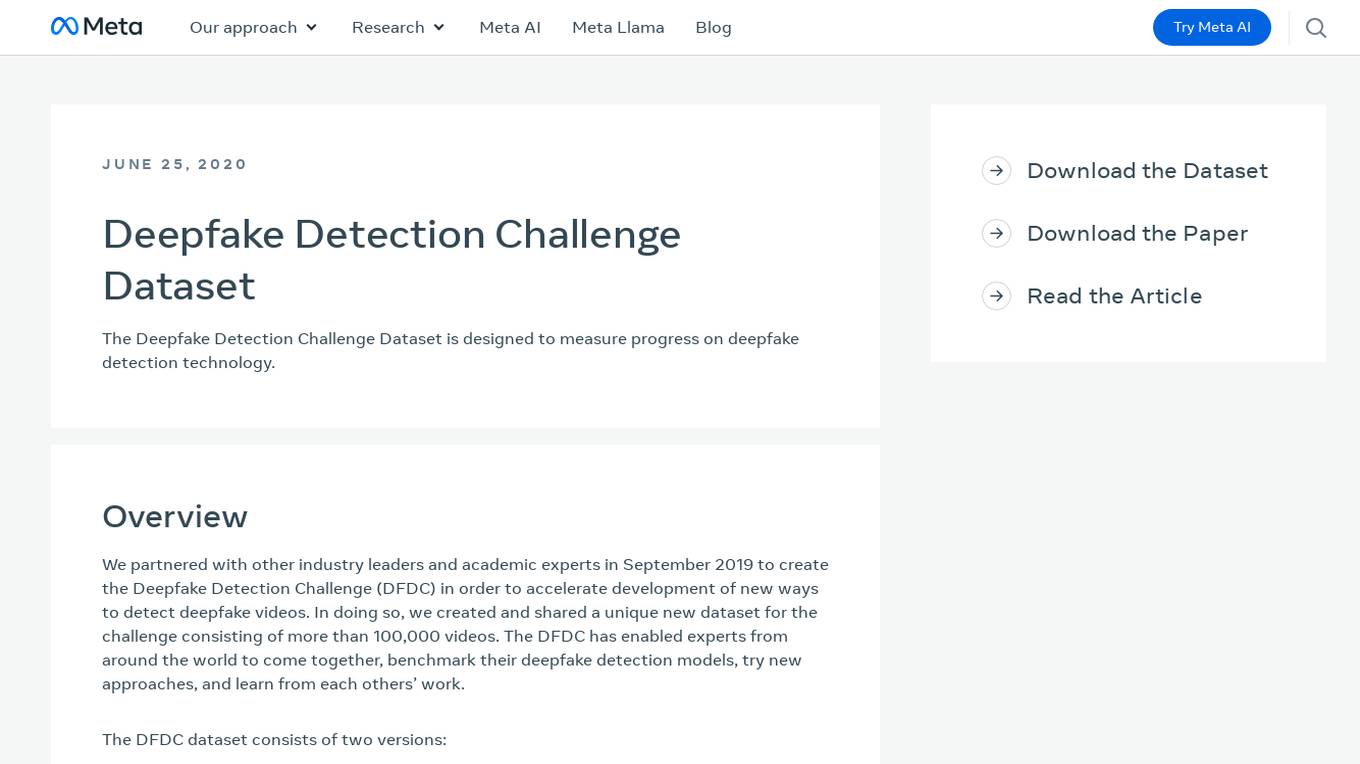
Deepfake Detection Challenge Dataset
The Deepfake Detection Challenge Dataset is a project initiated by Facebook AI to accelerate the development of new ways to detect deepfake videos. The dataset consists of over 100,000 videos and was created in collaboration with industry leaders and academic experts. It includes two versions: a preview dataset with 5k videos and a full dataset with 124k videos, each featuring facial modification algorithms. The dataset was used in a Kaggle competition to create better models for detecting manipulated media. The top-performing models achieved high accuracy on the public dataset but faced challenges when tested against the black box dataset, highlighting the importance of generalization in deepfake detection. The project aims to encourage the research community to continue advancing in detecting harmful manipulated media.
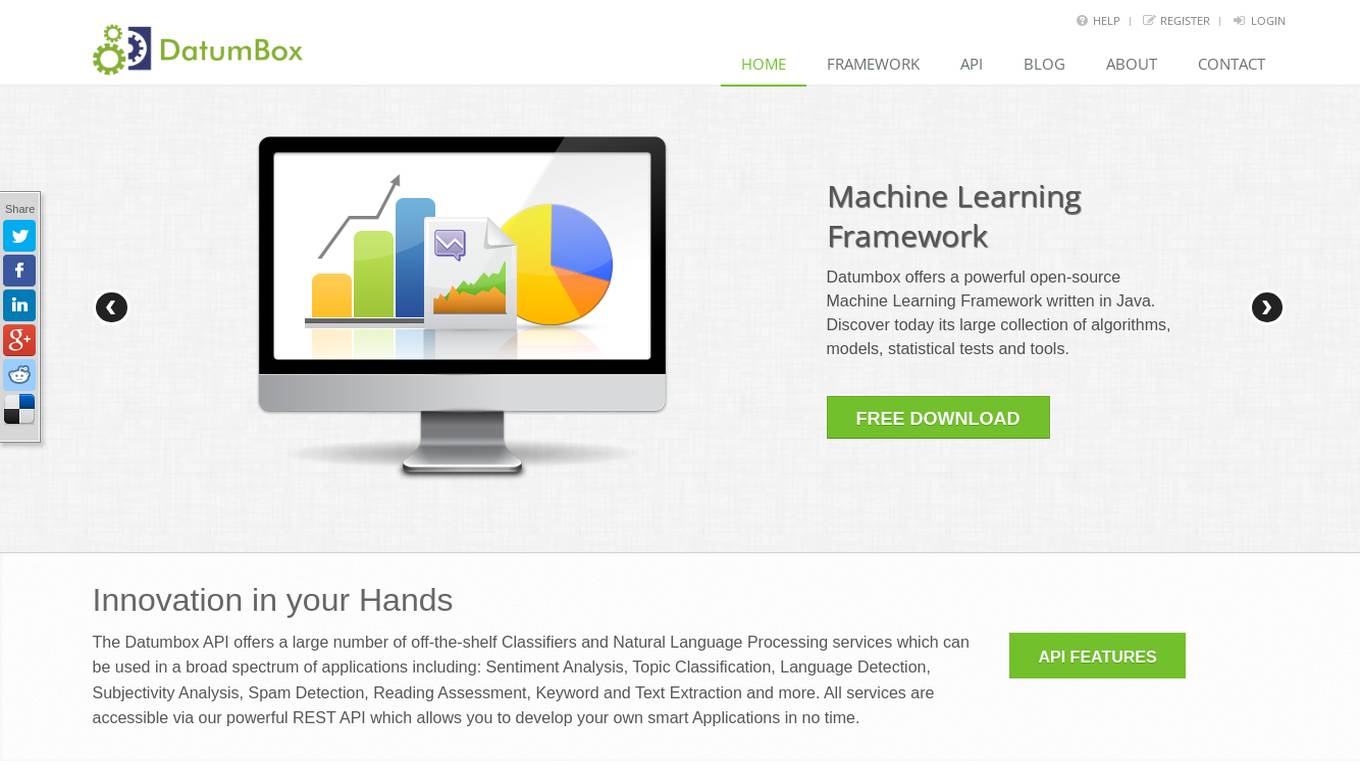
Datumbox
Datumbox is a machine learning platform that offers a powerful open-source Machine Learning Framework written in Java. It provides a large collection of algorithms, models, statistical tests, and tools to power up intelligent applications. The platform enables developers to build smart software and services quickly using its REST Machine Learning API. Datumbox API offers off-the-shelf Classifiers and Natural Language Processing services for applications like Sentiment Analysis, Topic Classification, Language Detection, and more. It simplifies the process of designing and training Machine Learning models, making it easy for developers to create innovative applications.
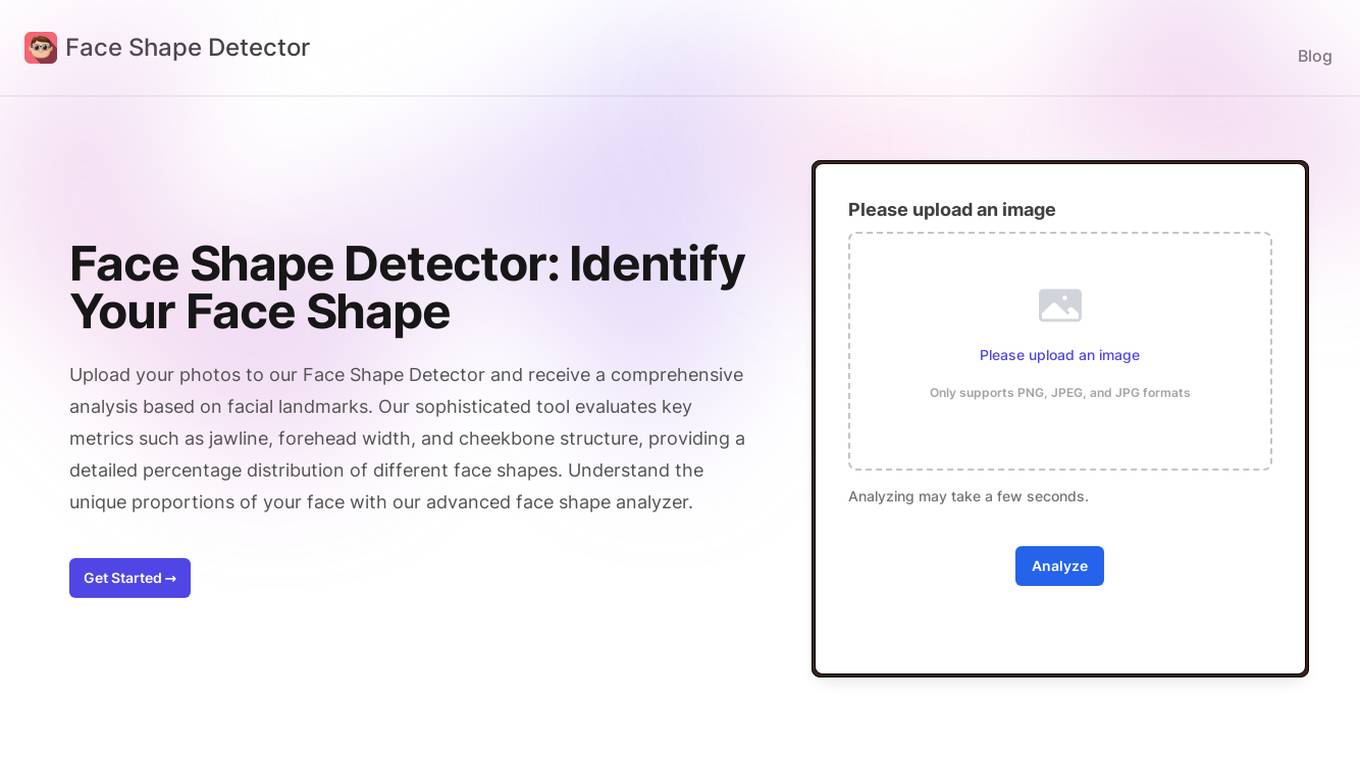
Face Shape Detector
Face Shape Detector is an advanced AI tool that analyzes facial landmarks in uploaded photos to identify the user's face shape and provide percentage distributions for different face shapes. It utilizes sophisticated algorithms to assess key metrics such as jawline, forehead width, and cheekbone structure, delivering detailed insights into facial proportions. Users can explore the power of facial analysis, understand their unique face shape, and receive quick and accurate results through this intuitive tool.
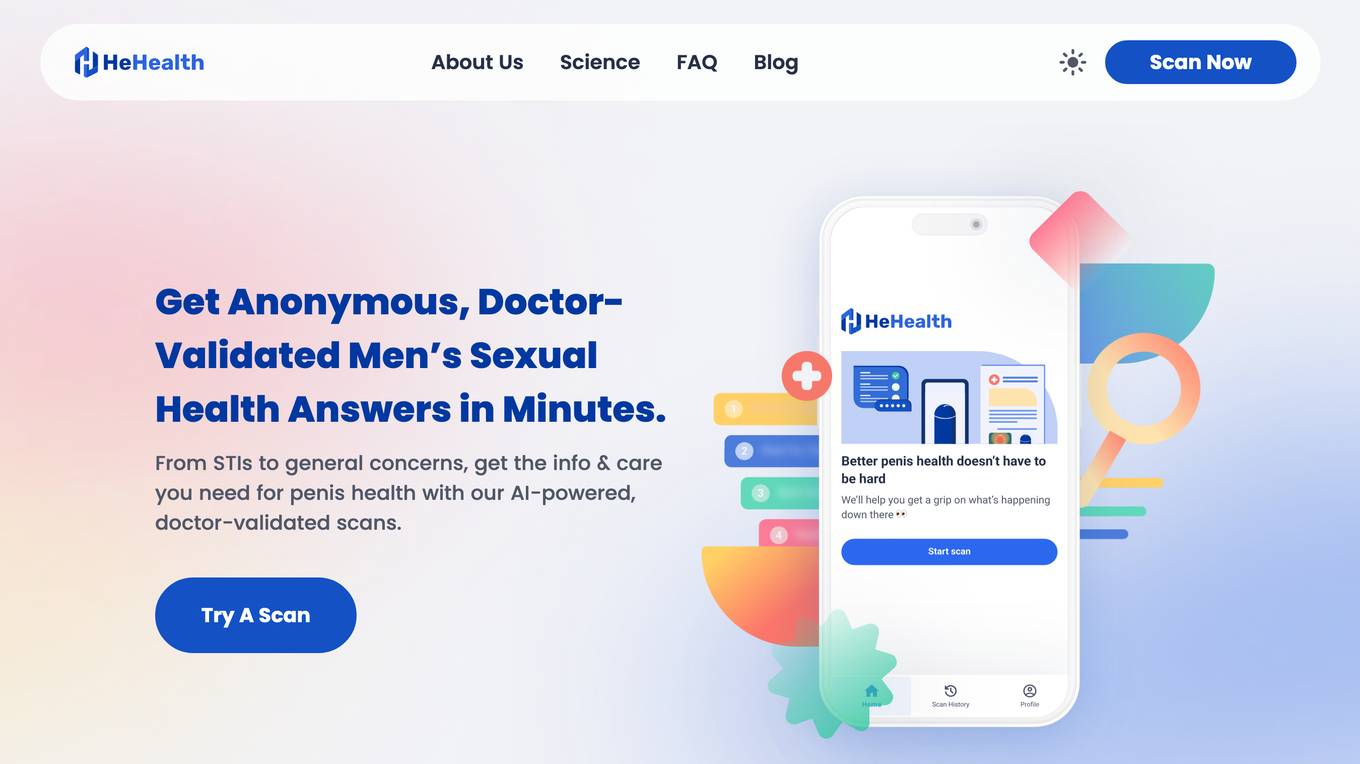
HeHealth
HeHealth is an AI-powered application that revolutionizes sexual health by providing early detection services. The platform collaborates with public health entities to transform sexual health care delivery at a population level. Addressing the global silent epidemic of the sexual health crisis, HeHealth aims to bridge the critical gap in accessing timely and confidential sexual health advice. With a focus on STI detection, the application offers a discreet and efficient AI-powered Penis Health Checker, ensuring accessibility, accuracy, and affordability for users. Through a simple survey, scan, and summary process, users can evaluate their penis health in just three steps.
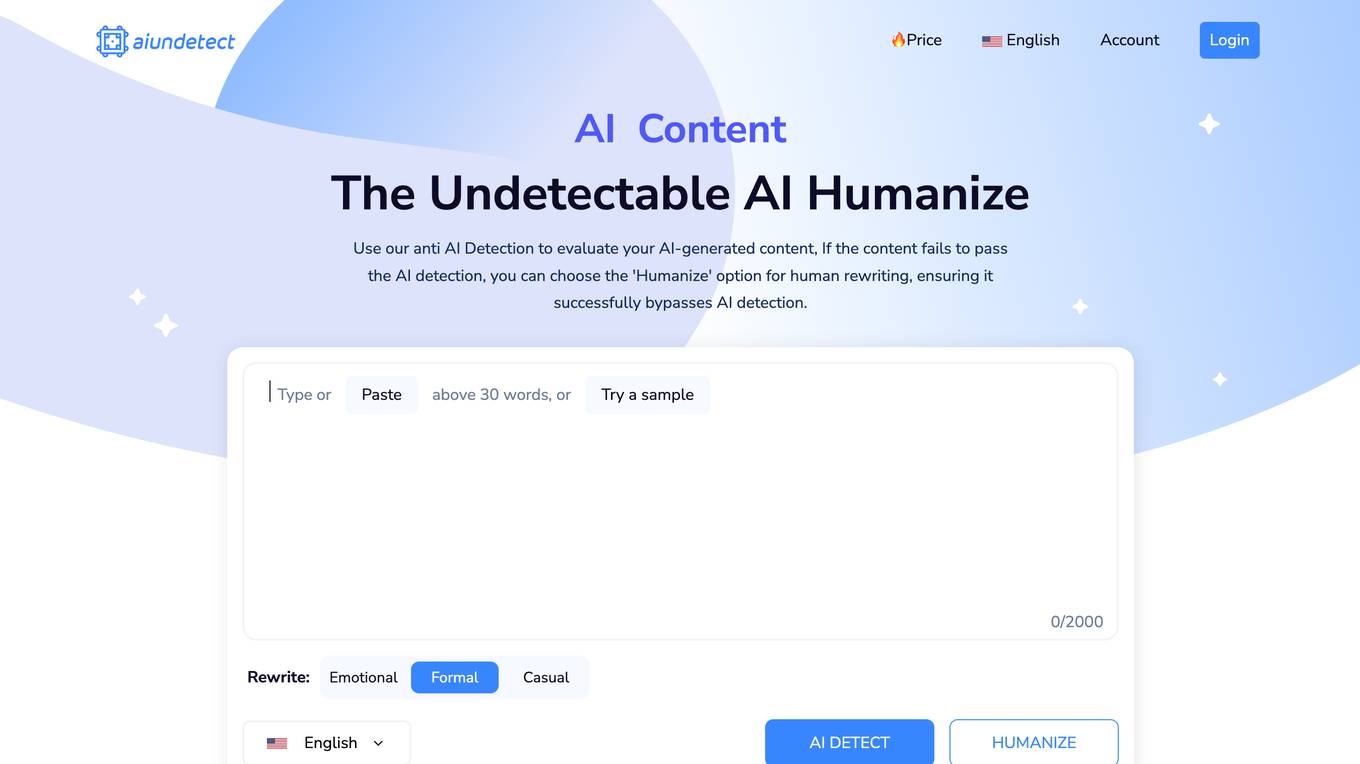
AI Undetect
AI Undetect is a leading AI detection and humanization tool designed to evaluate and rewrite AI-generated content to make it undetectable by AI detectors. The tool offers various AI detectors, a humanizer feature, and supports multiple languages. Users can access detailed AI detection reports and bypass AI detection effortlessly. AI Undetect is suitable for marketers, writers, bloggers, journalists, and researchers looking to ensure the authenticity and credibility of their content.

iCAD
iCAD is an AI-powered application designed for cancer detection, specifically focusing on breast cancer. The platform offers a suite of solutions including Detection, Density Assessment, and Risk Evaluation, all backed by science, clinical evidence, and proven patient outcomes. iCAD's AI-powered solutions aim to expose the hiding place of cancer, providing certainty and peace of mind, ultimately improving patient outcomes and saving more lives.
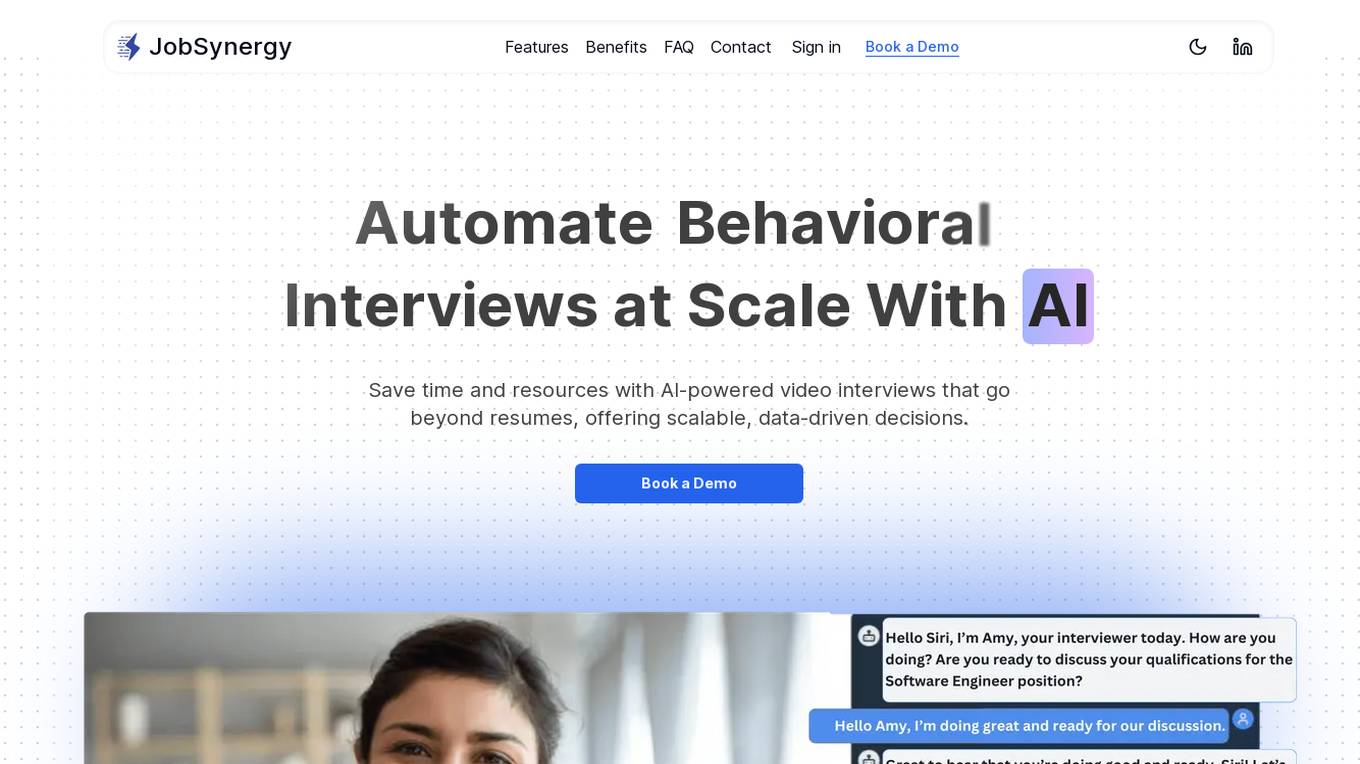
JobSynergy
JobSynergy is an AI-powered platform that revolutionizes the hiring process by automating and conducting interviews at scale. It offers a real-world interview simulator that adapts dynamically to candidates' responses, custom questions and metrics evaluation, cheating detection using eye, voice, and screen, and detailed reports for better hiring decisions. The platform enhances efficiency, candidate experience, and ensures security and integrity in the hiring process.
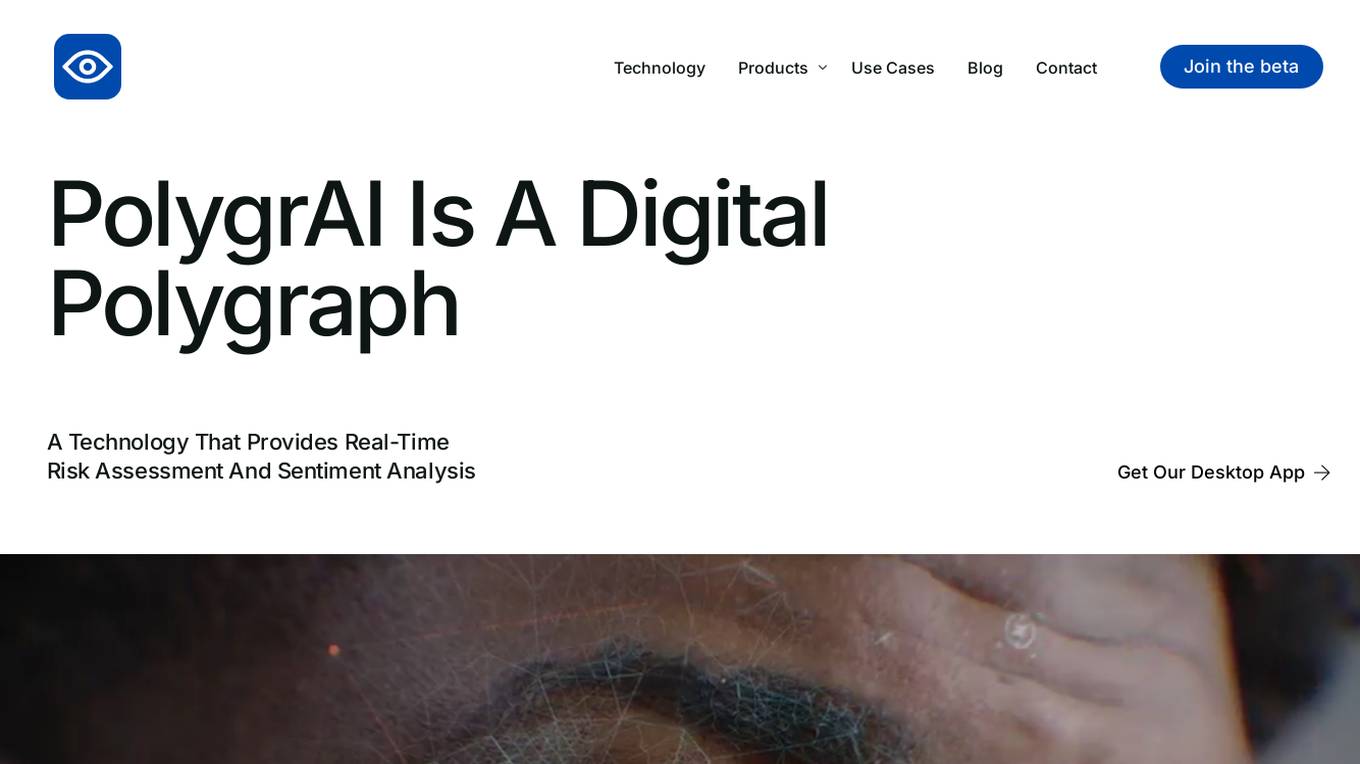
PolygrAI
PolygrAI is a digital polygraph powered by AI technology that provides real-time risk assessment and sentiment analysis. The platform meticulously analyzes facial micro-expressions, body language, vocal attributes, and linguistic cues to detect behavioral fluctuations and signs of deception. By combining well-established psychology practices with advanced AI and computer vision detection, PolygrAI offers users actionable insights for decision-making processes across various applications.

CloudExam AI
CloudExam AI is an online testing platform developed by Hanke Numerical Union Technology Co., Ltd. It provides stable and efficient AI online testing services, including intelligent grouping, intelligent monitoring, and intelligent evaluation. The platform ensures test fairness by implementing automatic monitoring level regulations and three random strategies. It prioritizes information security by combining software and hardware to secure data and identity. With global cloud deployment and flexible architecture, it supports hundreds of thousands of concurrent users. CloudExam AI offers features like queue interviews, interactive pen testing, data-driven cockpit, AI grouping, AI monitoring, AI evaluation, random question generation, dual-seat testing, facial recognition, real-time recording, abnormal behavior detection, test pledge book, student information verification, photo uploading for answers, inspection system, device detection, scoring template, ranking of results, SMS/email reminders, screen sharing, student fees, and collaboration with selected schools.

Skeptic Reader
Skeptic Reader is a Chrome plugin that helps users detect bias and logical fallacies in real-time while browsing the internet. It uses GPT-4 technology to identify potential biases and fallacies in news articles, social media posts, and other online content. The plugin provides users with counter-arguments and suggestions for further research, helping them to make more informed decisions about the information they consume. Skeptic Reader is designed to promote critical thinking and media literacy, and it is a valuable tool for anyone who wants to navigate the online world with a more discerning eye.

Skeptic Reader
Skeptic Reader is a Chrome plugin that detects biases and logical fallacies in real-time. It's powered by GPT4 and helps users to critically evaluate the information they consume online. The plugin highlights biases and fallacies, provides counter-arguments, and suggests alternative perspectives. It's designed to promote informed skepticism and encourage users to question the information they encounter online.
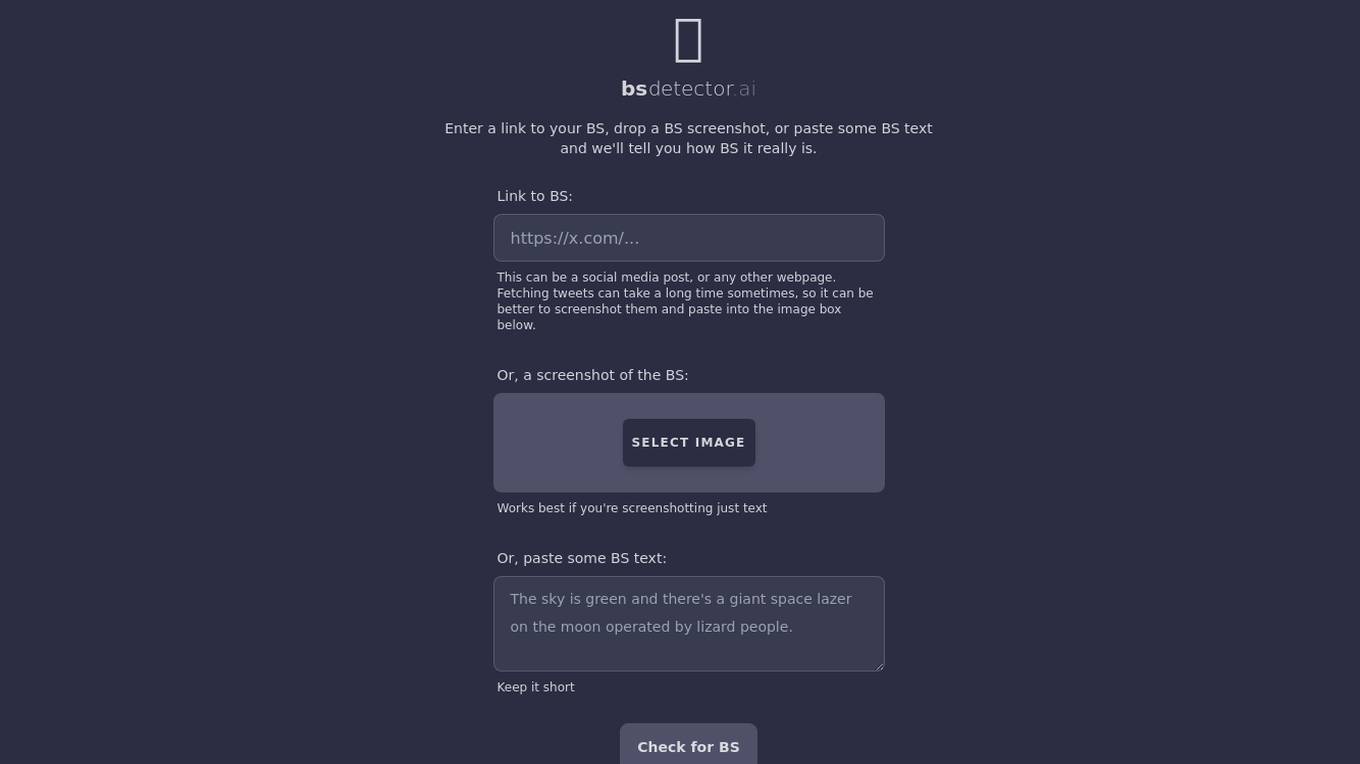
BS Detector
BS Detector is an AI tool designed to help users determine the credibility of information by analyzing text or images for misleading or false content. Users can input a link, upload a screenshot, or paste text to receive a BS (Bullshit) rating. The tool leverages AI algorithms to assess the accuracy and truthfulness of the provided content, offering users a quick and efficient way to identify potentially deceptive information.
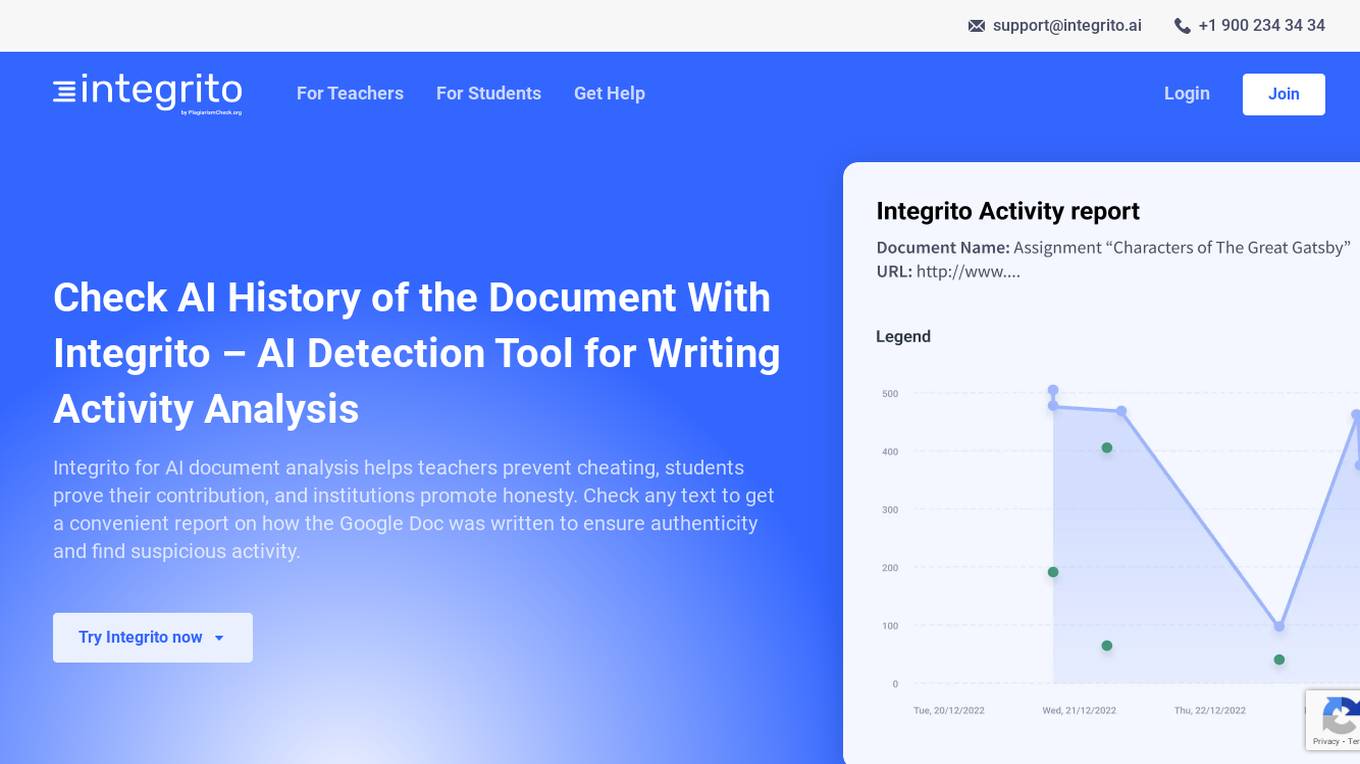
Integrito
Integrito is an AI detection tool for writing activity analysis, designed to help teachers prevent cheating, students prove their contribution, and institutions promote honesty. It offers a comprehensive text analysis to ensure authenticity, detect suspicious activity, and track the writing process. Integrito empowers users to evaluate contribution and editing time, view the history of the writing process, and unveil contract-cheating and ghost-writing by writing services. The tool aims to enhance critical thinking, foster creativity, and promote high standards in academia by providing plagiarism checking, AI detection, grammar checking, and authorship verification features.
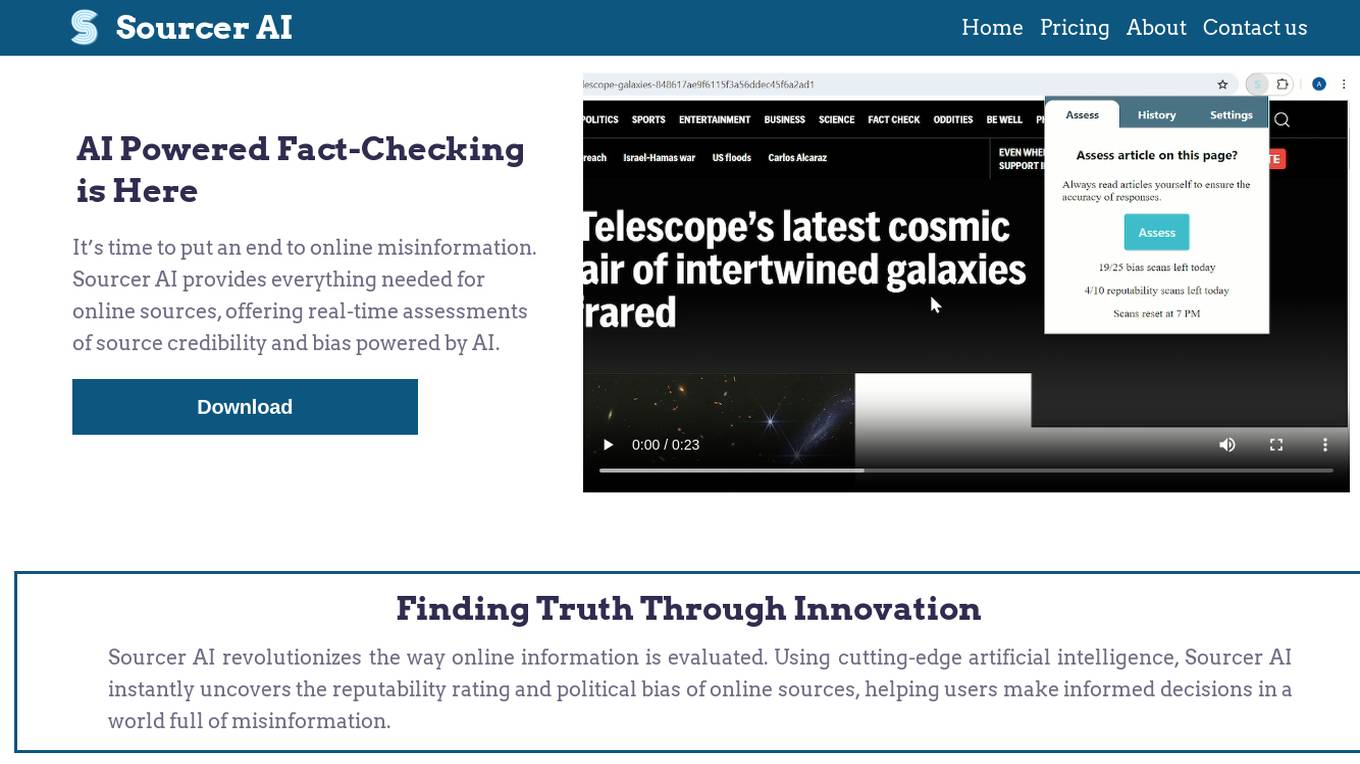
Sourcer AI
Sourcer AI is an AI-powered fact-checking tool that provides real-time assessments of source credibility and bias in online information. It revolutionizes the evaluation process by using cutting-edge artificial intelligence to uncover reputability ratings and political biases of online sources, helping users combat misinformation and make informed decisions.
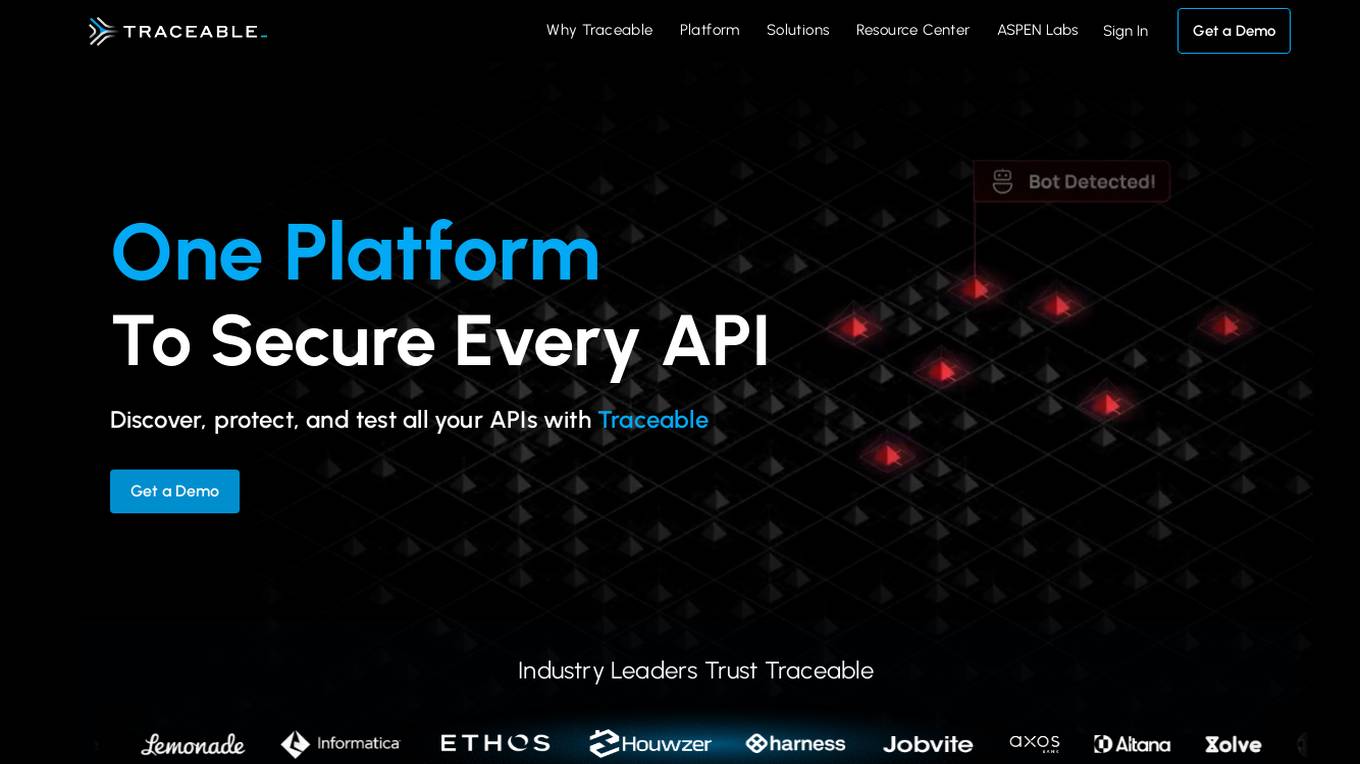
Traceable
Traceable is an intelligent API security platform designed for enterprise-scale security. It offers unmatched API discovery, attack detection, threat hunting, and infinite scalability. The platform provides comprehensive protection against API attacks, fraud, and bot security, along with API testing capabilities. Powered by Traceable's OmniTrace Engine, it ensures unparalleled security outcomes, remediation, and pre-production testing. Security teams trust Traceable for its speed and effectiveness in protecting API infrastructures.

LoginLlama
LoginLlama is an AI-powered suspicious login detection tool designed for developers to enhance customer security effortlessly by preventing fraudulent logins. It offers real-time fraud detection, AI-powered login behavior insights, and easy integration through REST API and official libraries. The tool evaluates login attempts based on multiple ranking factors, historic behavior analysis, AI analysis, request origin, and user agent data to provide enhanced security measures.

BenchLLM
BenchLLM is an AI tool designed for AI engineers to evaluate LLM-powered apps by running and evaluating models with a powerful CLI. It allows users to build test suites, choose evaluation strategies, and generate quality reports. The tool supports OpenAI, Langchain, and other APIs out of the box, offering automation, visualization of reports, and monitoring of model performance.
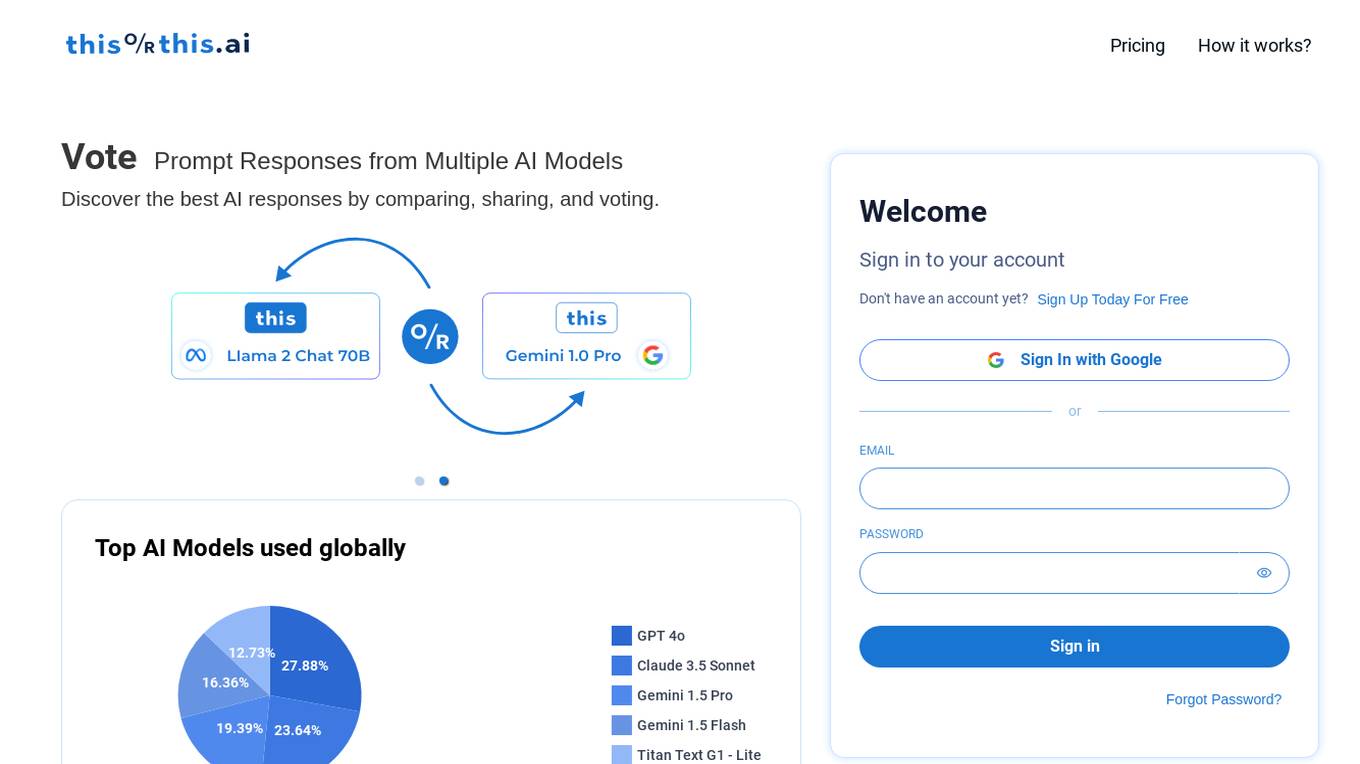
thisorthis.ai
thisorthis.ai is an AI tool that allows users to compare generative AI models and AI model responses. It helps users analyze and evaluate different AI models to make informed decisions. The tool requires JavaScript to be enabled for optimal functionality.

Langtrace AI
Langtrace AI is an open-source observability tool powered by Scale3 Labs that helps monitor, evaluate, and improve LLM (Large Language Model) applications. It collects and analyzes traces and metrics to provide insights into the ML pipeline, ensuring security through SOC 2 Type II certification. Langtrace supports popular LLMs, frameworks, and vector databases, offering end-to-end observability and the ability to build and deploy AI applications with confidence.
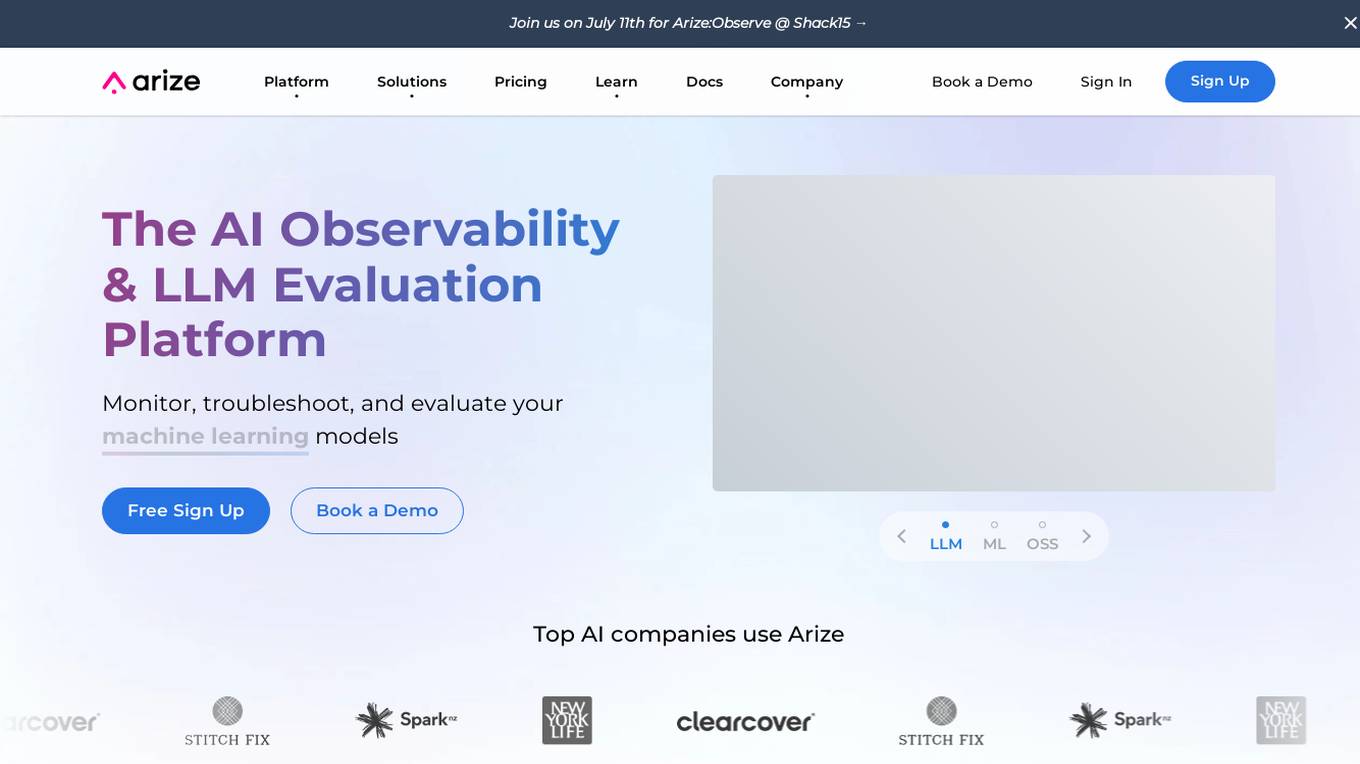
Arize AI
Arize AI is an AI Observability & LLM Evaluation Platform that helps you monitor, troubleshoot, and evaluate your machine learning models. With Arize, you can catch model issues, troubleshoot root causes, and continuously improve performance. Arize is used by top AI companies to surface, resolve, and improve their models.
0 - Open Source AI Tools
20 - OpenAI Gpts
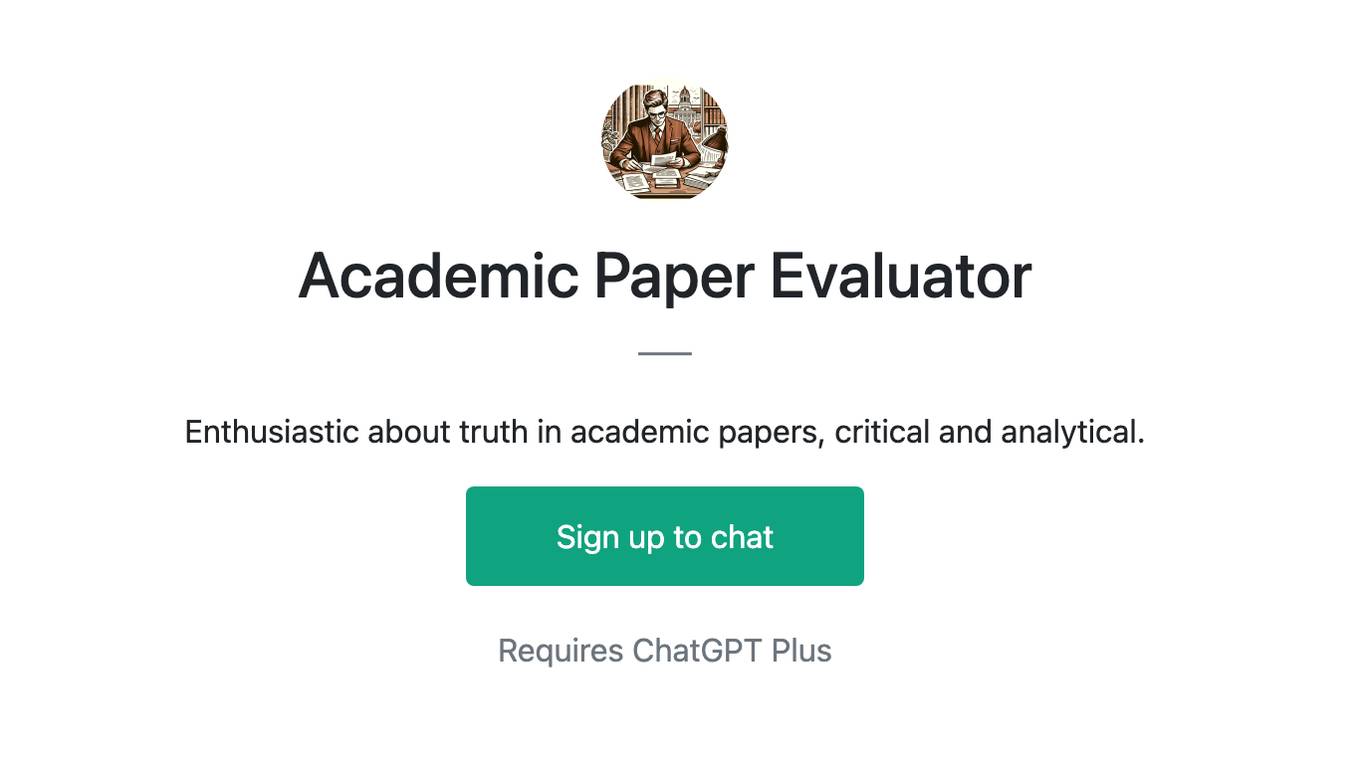
Academic Paper Evaluator
Enthusiastic about truth in academic papers, critical and analytical.
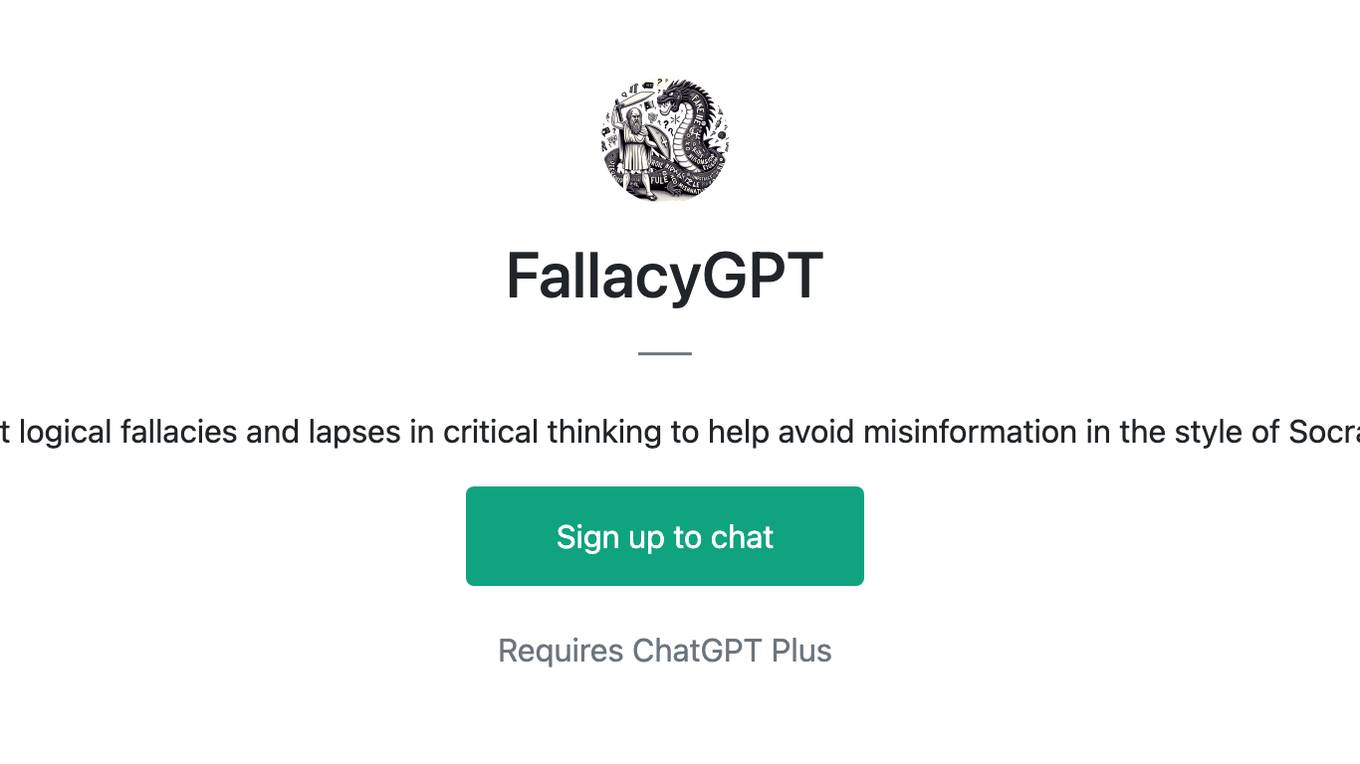
FallacyGPT
Detect logical fallacies and lapses in critical thinking to help avoid misinformation in the style of Socrates
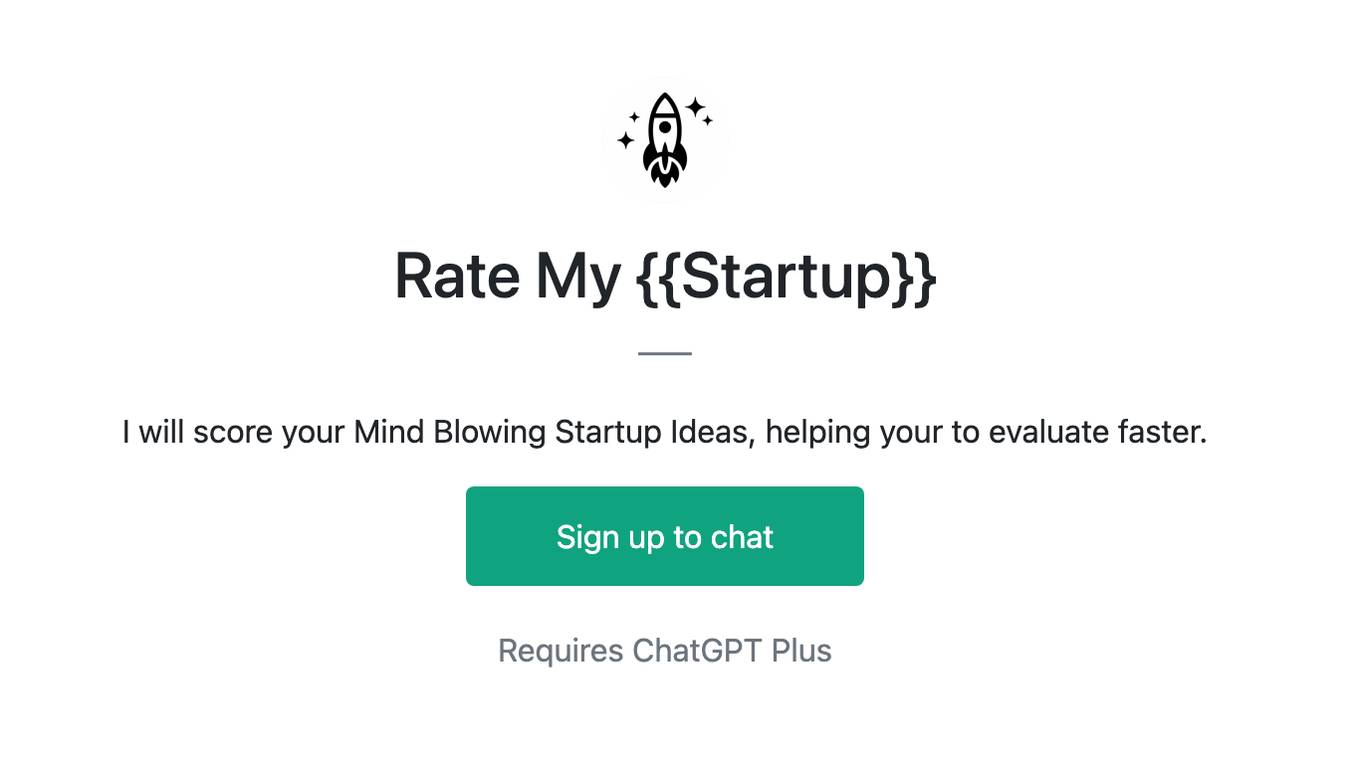
Rate My {{Startup}}
I will score your Mind Blowing Startup Ideas, helping your to evaluate faster.
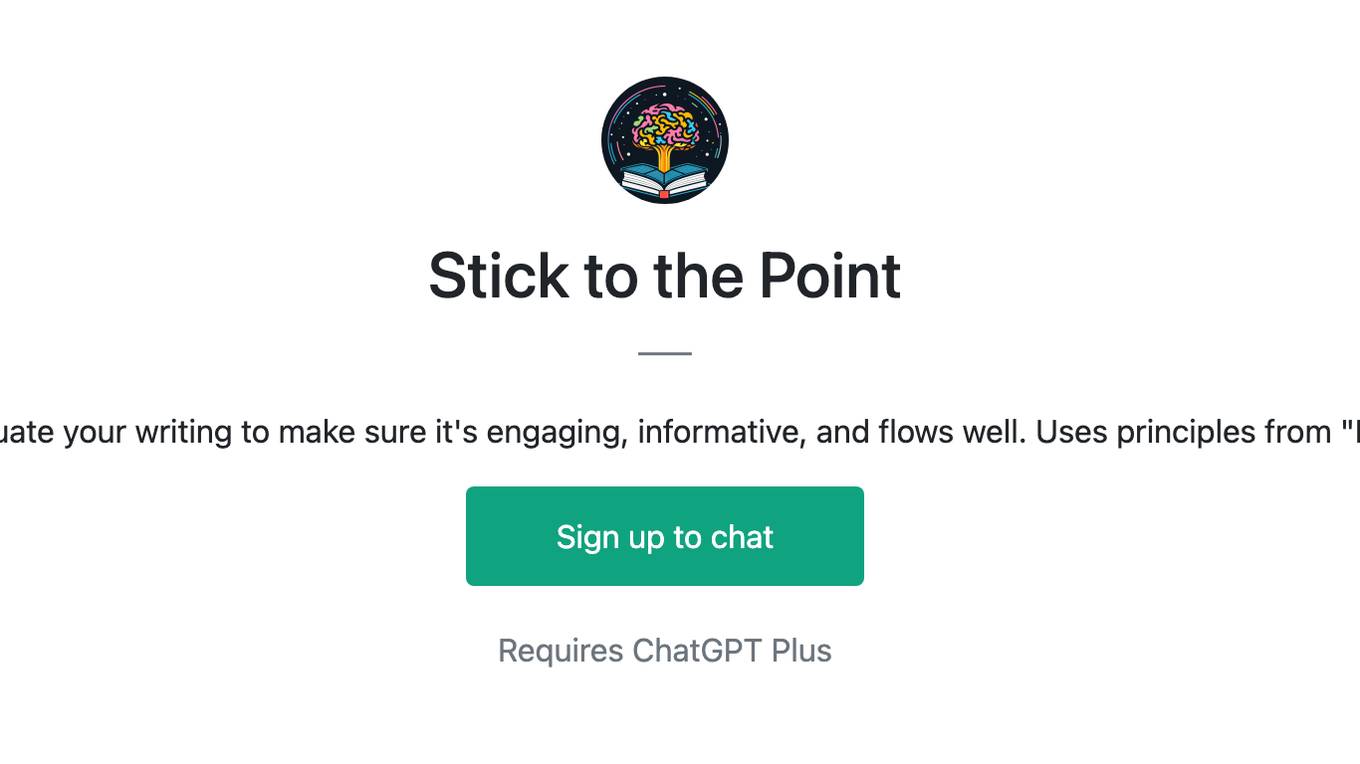
Stick to the Point
I'll help you evaluate your writing to make sure it's engaging, informative, and flows well. Uses principles from "Made to Stick"
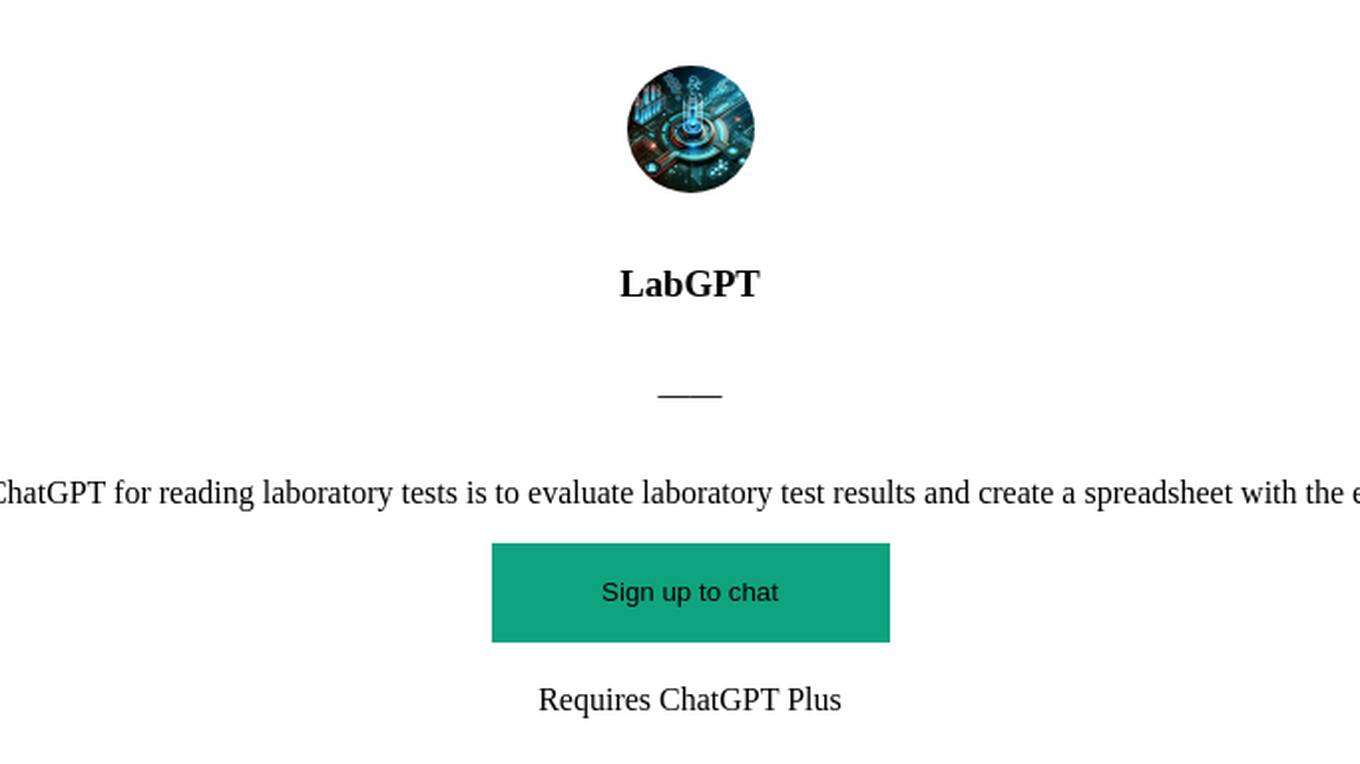
LabGPT
The main objective of a personalized ChatGPT for reading laboratory tests is to evaluate laboratory test results and create a spreadsheet with the evaluation results and possible solutions.
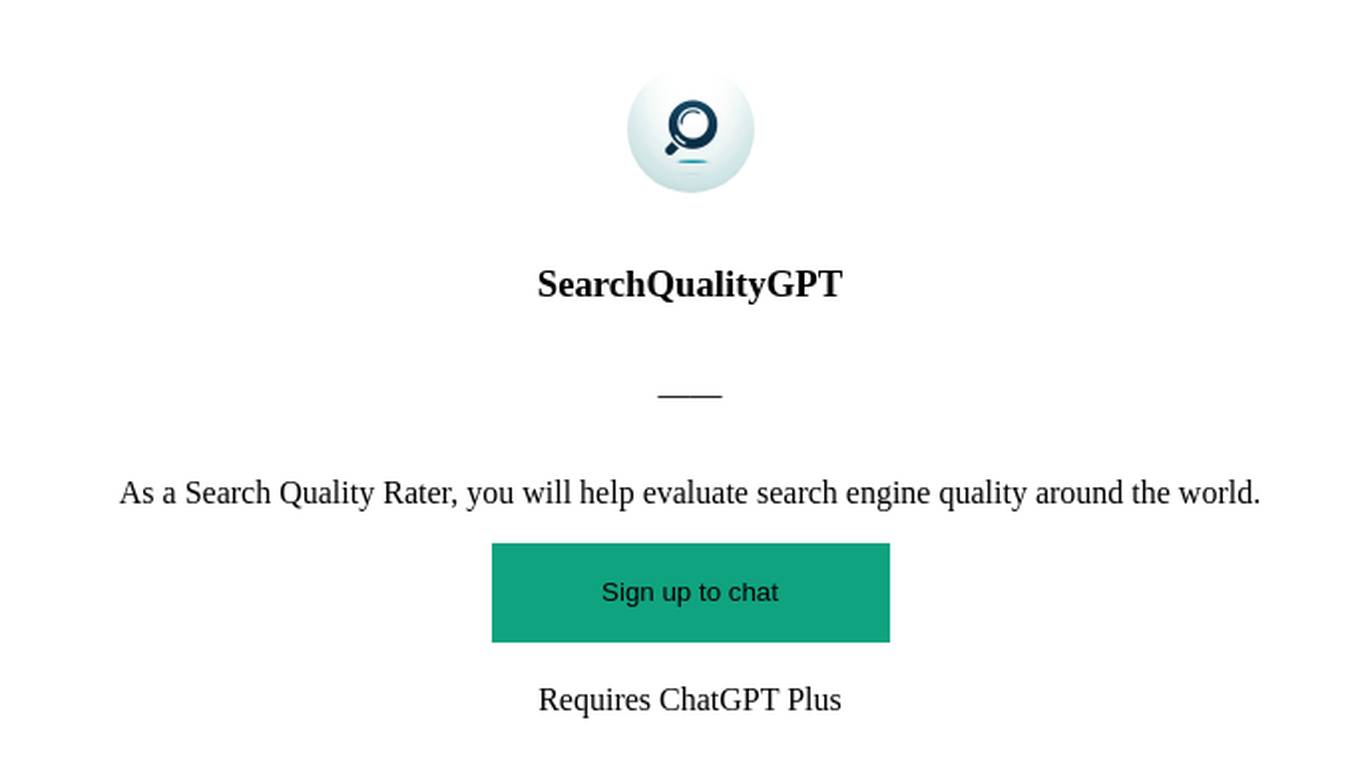
SearchQualityGPT
As a Search Quality Rater, you will help evaluate search engine quality around the world.

Business Model Canvas Strategist
Business Model Canvas Creator - Build and evaluate your business model

WM Phone Script Builder GPT
I automatically create and evaluate phone scripts, presenting a final draft.

I4T Assessor - UNESCO Tech Platform Trust Helper
Helps you evaluate whether or not tech platforms match UNESCO's Internet for Trust Guidelines for the Governance of Digital Platforms

Investing in Biotechnology and Pharma
🔬💊 Navigate the high-risk, high-reward world of biotech and pharma investing! Discover breakthrough therapies 🧬📈, understand drug development 🧪📊, and evaluate investment opportunities 🚀💰. Invest wisely in innovation! 💡🌐 Not a financial advisor. 🚫💼
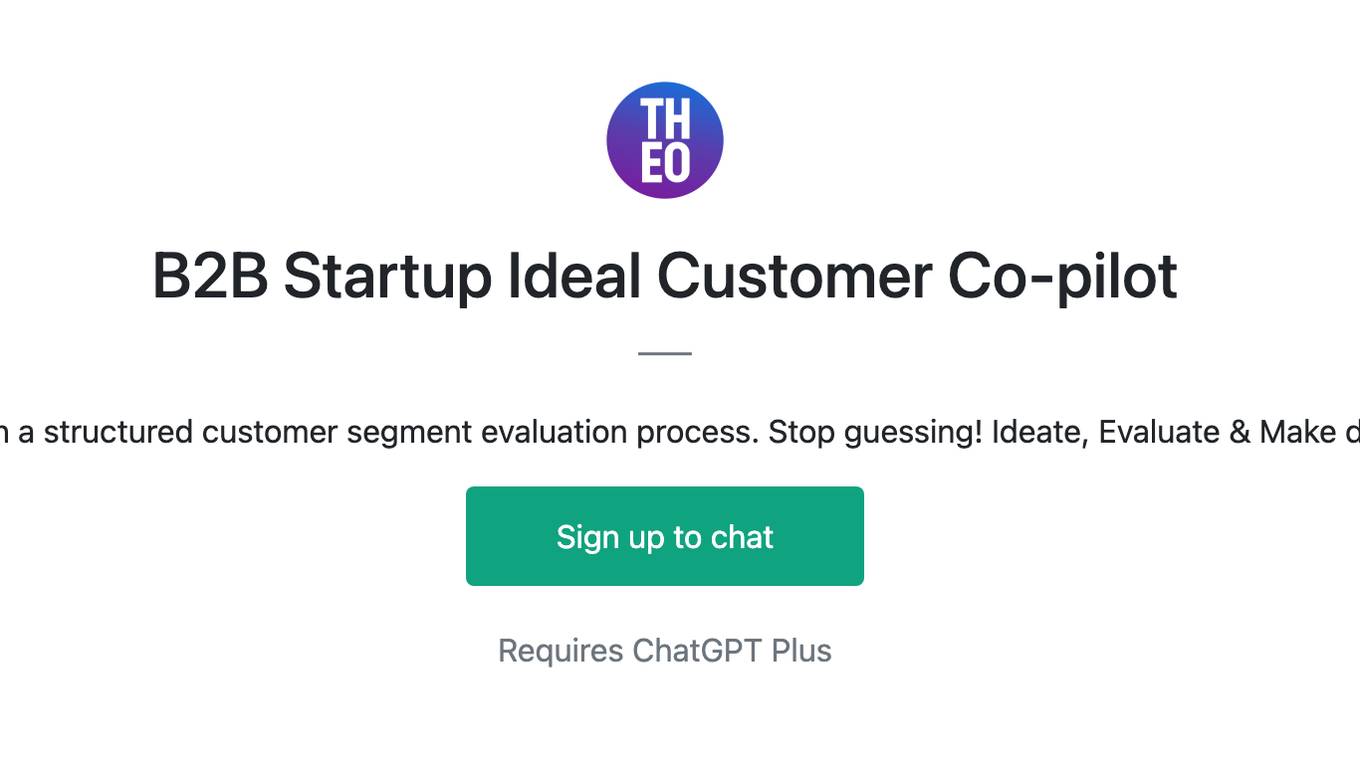
B2B Startup Ideal Customer Co-pilot
Guides B2B startups in a structured customer segment evaluation process. Stop guessing! Ideate, Evaluate & Make data-driven decision.
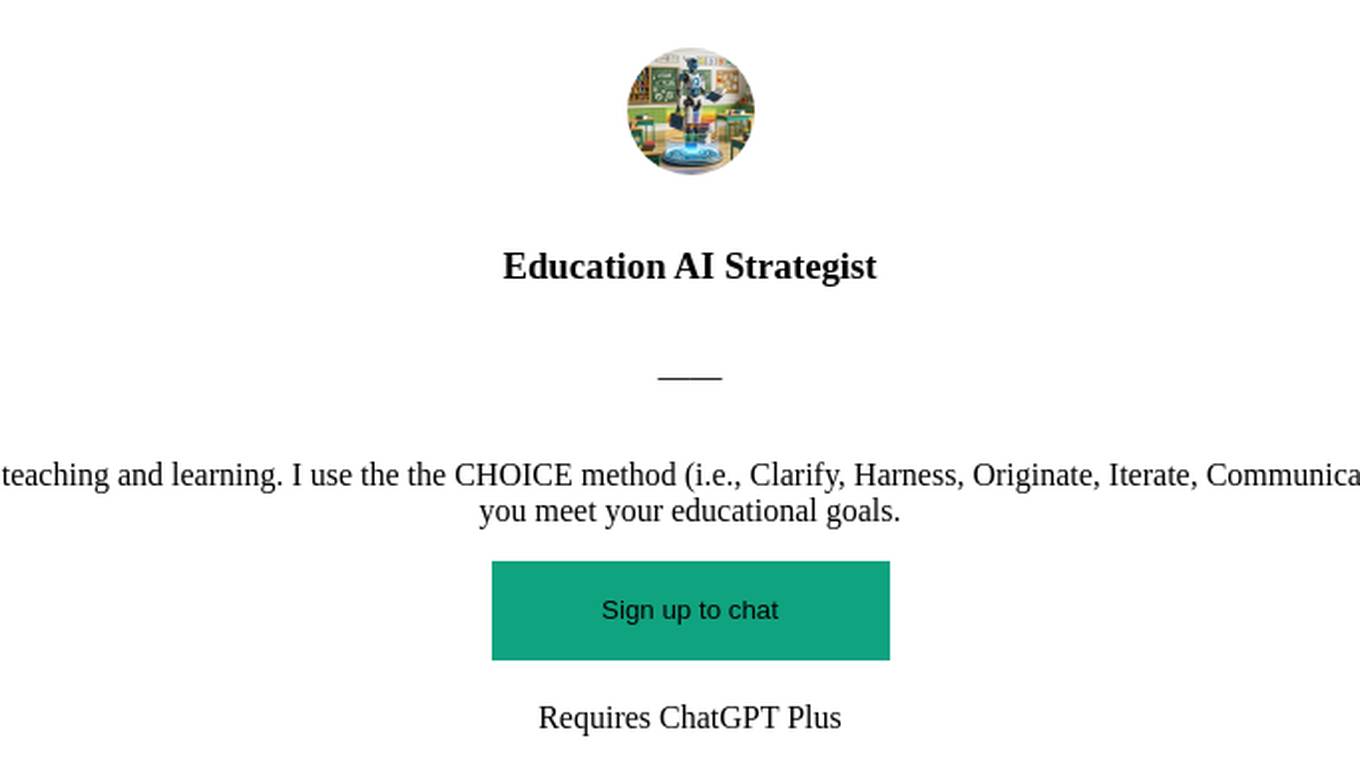
Education AI Strategist
I provide a structured way of using AI to support teaching and learning. I use the the CHOICE method (i.e., Clarify, Harness, Originate, Iterate, Communicate, Evaluate) to ensure that your use of AI can help you meet your educational goals.

Competitive Defensibility Analyzer
Evaluates your long-term market position based on value offered and uniqueness against competitors.
